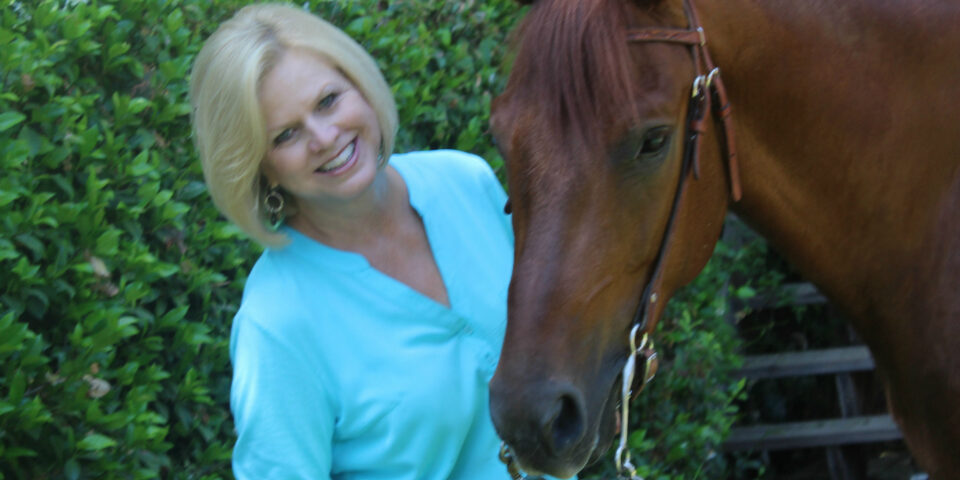I was born into the LDS Church. I was married in the Salt Lake Temple. I graduated from BYU. I raised three terrific children. I worked as a software engineer for 30 years. I’ve been a Primary president, a counselor in YW, a counselor in the stake Relief Society, and a Relief Society President…twice. Now I’m a grandmother of nine and a high school math teacher.
I’ve experienced gender stereotypes, bias, and inequality since I was a teenager. To be honest, most of the time it just annoyed me. As a Laurel president, I asked the bishop why it was the president of the Priests’ quorum who was asked to conduct several YM-YW activities and meetings, and not me. As one of the first women to graduate with a BS in Computer Science at BYU, I was asked many times by professors, TA’s, and other students why I was pursuing a degree that they thought I would never use as a wife and mother. As a Relief Society President, I was in a ward council meeting where an activity was being planned. When told that each auxiliary should volunteer for an assignment, I nonchalantly said, “The Relief Society will set up the tables and chairs.” Silence. Then the Elders’ quorum president inquired, “Then who is going to do the food?”
In 1999 and 2000, I publicly campaigned against California’s first initiative refusing to recognize gay marriage, a referendum that the Mormon church was strongly supporting. I did this after becoming aware of the devastating struggle gay Mormons were having trying to be part of the church they loved. I don’t remember much about what I was doing in 1978 when black male members of the church were finally allowed to be ordained. I often wonder if I would have actively pushed for this change if I had heard the stories of black members longing to have the blessings of the priesthood. I don’t know. I hope I would have. I left the church in 2000 following the tragic suicide of a celibate gay Mormon man with whom I had become friends I could no longer be part of a church that refused to address an issue that caused such pain for some of its members.
It saddens me that many Mormon women are struggling in an environment that does now allow them to reach their full potential. I believe in a God that loves everyone equally and wants them to be happy and able to fully use all the talents given to them–regardless of whether they are male or female, gay or straight, white, brown or black, in the U.S. or in China. Injustice is a convention of man, not God. I believe that women should be ordained.






